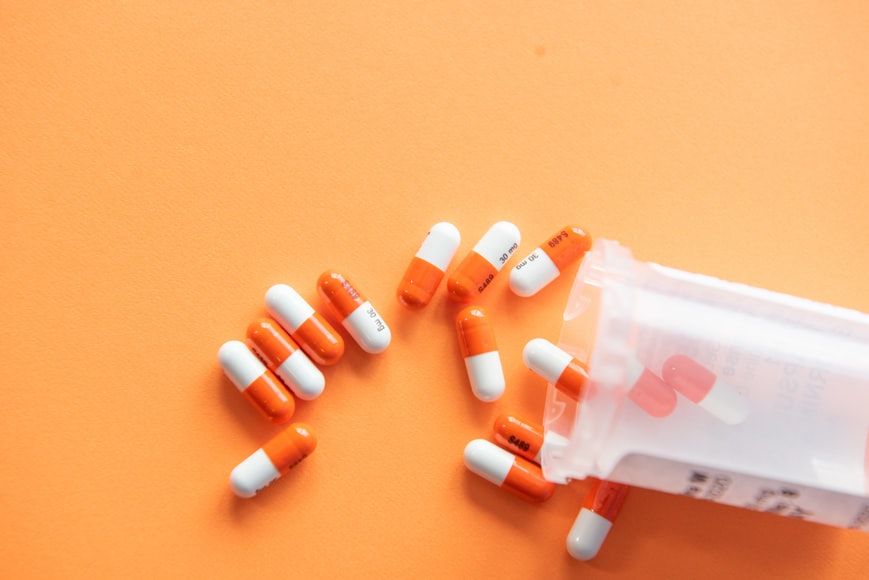Pfizer said that its new pill seems to be effective against the Omicron variant of COVID-19 after releasing the conclusions of a study involving 2,250 people. The results indicated that the new drug reduced combined hospitalisations and deaths by about 89% among high-risk adults when taken shortly after initial COVID-19 symptoms.
The pharmaceutical giant conducted the test against a man-made version of the protein that is used by the Omicron variant to reproduce itself. Additionally, lab tests showed that the drug retains its potency against Omicron.
Also Read: Paxlovid vs molnupiravir: How do Pfizer and Merck’s COVID pills compare?
According to reports from CNN, all individuals included in the study were unvaccinated against COVID-19. A total of 682 patients received placebo medications, out of which 44 were hospitalised and nine died.
On the other hand, among the 697 people who received the drug within three days of showing symptoms, only five were hospitalised and none died.
The study also showed “an approximate 10-fold decrease in viral load at day 5, relative to placebo,” Pfizer’s statement said.
Also Read | COVID cases increase as US reaches vaccination milestone
Dr Albert Bourla, the CEO of the pharmaceutical company said in a statement, “This underscores the treatment candidate’s potential to save the lives of patients around the world, whether they have been vaccinated or not”, according to reports from CNN.
He added, “Emerging variants of concern, like Omicron, have exacerbated the need for accessible treatment options for those who contract the virus, and we are confident that, if authorized or approved, this potential treatment could be a critical tool to help quell the pandemic.”
Health regulators in the United States Food and Drug Administration are scheduled to discuss the authorisation of Pfizer’s pill, along with the one developed by Merck.
If and when the drug is approved by the health regulatory body, the United States government has agreed to buy enough of Pfizer’s drug to treat 10 million people and enough of Merck’s to treat 3 million.
(With AP inputs)







